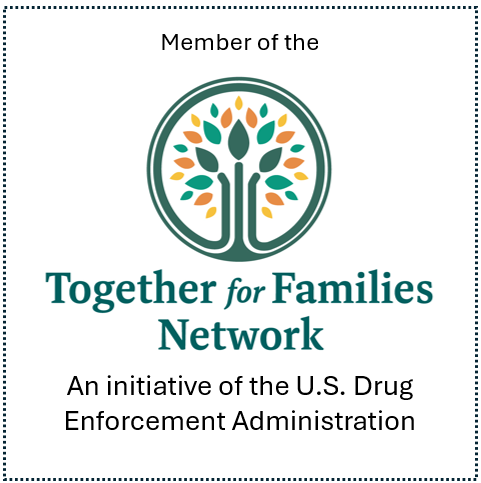Debunking Misconceptions About Teen Drinking
Ask the Experts | Ellen Miller
Sayings like “Beer before liquor, never been sicker” or “Underage drinking isn’t a big deal” highlight how misinformation shapes teen drinking behavior. When parenting teens, it’s essential to rely on research, not myths, to guide conversations about alcohol.
Misconception 1: Only adults can develop alcohol use disorder.
In reality, about 250,000 young people meet the criteria each year, some as young as 18. Most underage drinkers begin around the ages of 13-14 and drinking increases between the ages of 17-19. Teen alcohol use increases the risk of serious short- and long-term consequences.
Misconception 2: Early drinking leads to better-adjusted drinkers later.
Teens who delay drinking are less likely to binge or black out. Starting young increases alcohol tolerance, often leading to heavier, riskier use.
Teens also lack the developmental tools adults have to manage alcohol use. They rely more on emotional reasoning (“I feel”), while their prefrontal cortex, the part of the brain responsible for (“I think”), doesn’t fully develop until age 26. Plus, alcohol boosts dopamine, increasing emotional decisions over rational ones.
Misconception 3: Letting teens drink at home builds trust with parents and prevents college binge drinking.
Research shows no link between supervised drinking and better outcomes. Instead, positive parenting—characterized by clear boundaries, open communication, interest in their teens’ whereabouts, and modeling healthy behavior—has a greater impact.
Parenting based on evidence, rather than myths, can help reduce harmful drinking behaviors over time.
Ellen Miller is the owner of Starting Pointe Therapy and a Licensed Marriage and Family Therapist specializing in working with children/teens, adults, couples, and families. For more information, please visit: www.startingpointetherapy.com.






